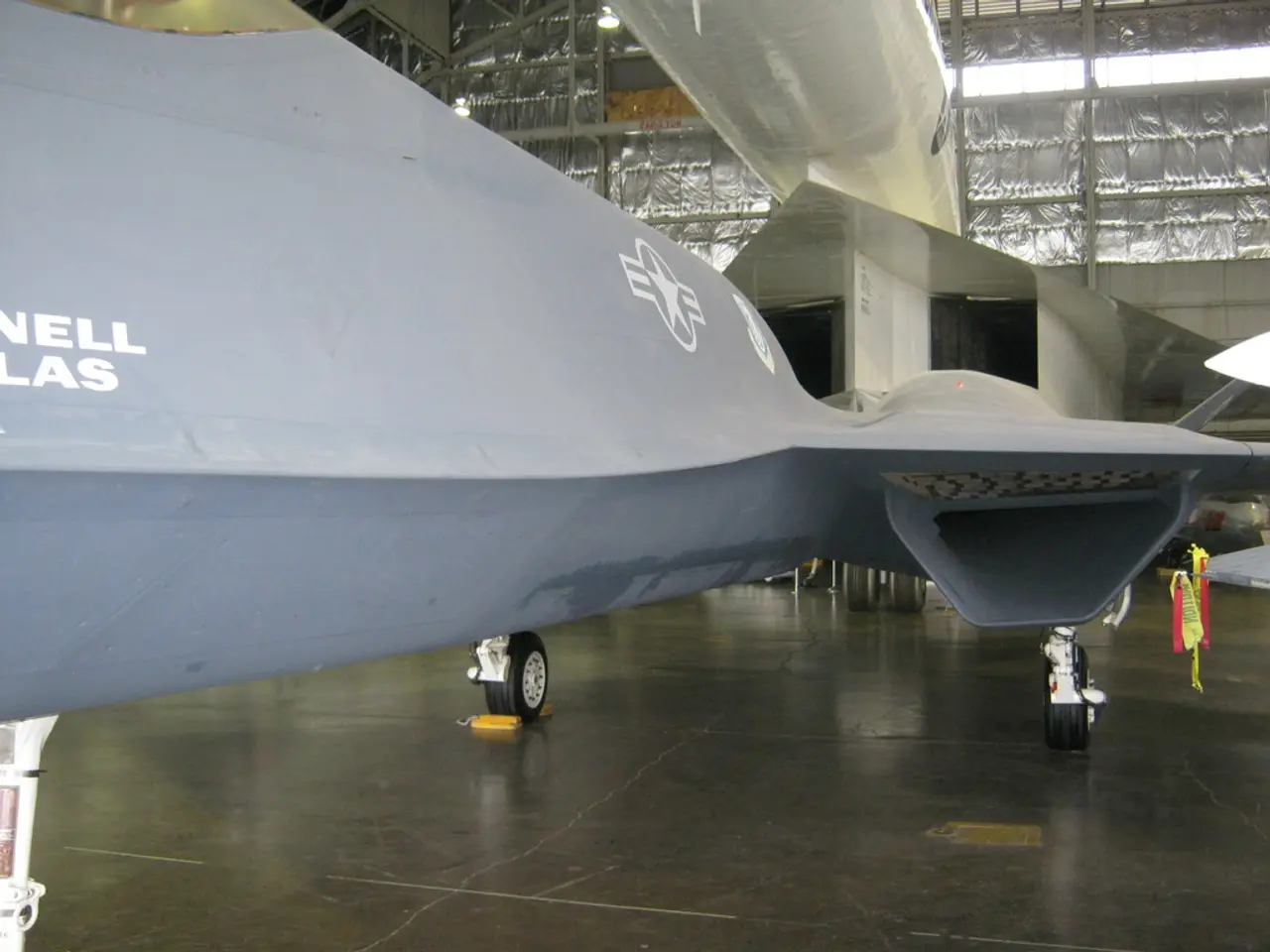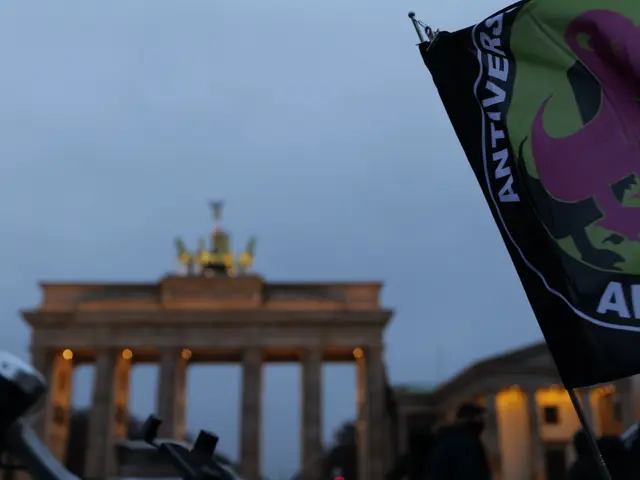US imposes restrictions on Mexican airlines following airline flight schedules being shifted to AIFA
Mexico, the most popular international destination for U.S. airline travelers, saw over 40 million passengers fly there last year. However, the U.S. government has taken a series of actions against Mexican airlines, raising concerns about the future of air travel between the two countries.
The U.S. Transportation Department has threatened to withdraw antitrust immunity from Delta Air Lines and Aeromexico's joint venture in response to Mexico's actions that allegedly distorted the competitive market. The Department issued a show cause order on July 19, 2025, proposing to withdraw the antitrust immunity, citing that the joint venture no longer serves the public interest due to changes in the competitive effects of the agreement caused by Mexico's actions.
The joint venture, which began in 2017 and operates on a metal-neutral basis, allows Delta and Aeromexico to jointly schedule, market, operate, and share revenue on transborder flights. If the antitrust immunity is revoked, Delta and Aeromexico will have to discontinue some collaborative activities, but they can continue other partnerships like codesharing and marketing.
No specific mention of an airport relocation decision by Mexico is referenced in the context of these actions. However, Mexico's forced relocation of airlines from Benito Juárez International Airport to Felipe Ángeles International Airport was enacted by a decree from then-President Andrés Manuel López Obrador on Feb 2, 2023.
The U.S. government has also imposed new restrictions on flights from Mexico, and any large passenger or cargo aircraft charter flights to or from the United States operated by Mexican airlines must apply for DOT approval. The Cargo Airline Association (CAA) applauded the U.S. government's announcement regarding the situation.
The broader U.S. goal could be to establish a strong negotiating position ahead of a review of the United States-Mexico-Canada trade agreement (USMCA). Fernando Gómez, an airline industry analyst, stated that the U.S. actions are similar to those taken with tariffs and immigration, implying that USMCA is the ultimate goal.
Mexico's President Claudia Sheinbaum dismissed the notion that Mexico could be sanctioned, and the Mexican government has not been formally notified about the U.S. actions. The forced relocation of cargo flights from Benito Juárez International Airport to Felipe Ángeles International Airport was defended by Mexico's Transportation Ministry. The AIFA, inaugurated in March 2022, is already at full capacity for cargo handling and will need to be expanded.
As the situation continues to develop, both countries will need to address these concerns to ensure the smooth operation of air travel between them. The U.S. Transportation Department has formulated a supplemental Show Cause Order that would withdraw the Delta/Aeroméxico joint venture's antitrust immunity, adding to the uncertainty surrounding the future of air travel between the U.S. and Mexico.
[1] U.S. Department of Transportation press release
[2] Reuters article
[3] Bloomberg article
[4] CNN article
- The U.S. Department of Transportation has expressed concerns about the future of air travel between the U.S. and Mexico, citing actions taken by the Mexican government that allegedly distorted the competitive market.
- The U.S. government's announced restrictions on flights from Mexico could affect large passenger or cargo aircraft charter flights operated by Mexican airlines, requiring DOT approval.
- In the broader context, some analysts like Fernando Gómez suggest that the U.S. actions are a strategy to establish a strong negotiating position for the review of the United States-Mexico-Canada trade agreement (USMCA).
- Similar to tariffs and immigration, the U.S. actions towards Mexican airlines may indicate a focus on the ultimate goal of renegotiating the USMCA, according to Gómez.
- The Mexican government, led by President Claudia Sheinbaum, has not been formally notified about the U.S. actions and dismissed the possibility of sanctions.
- The forced relocation of cargo flights from Benito Juárez International Airport to Felipe Ángeles International Airport was defended by Mexico's Transportation Ministry, with the AIFA already operating at full capacity for cargo handling and needing expansion.








